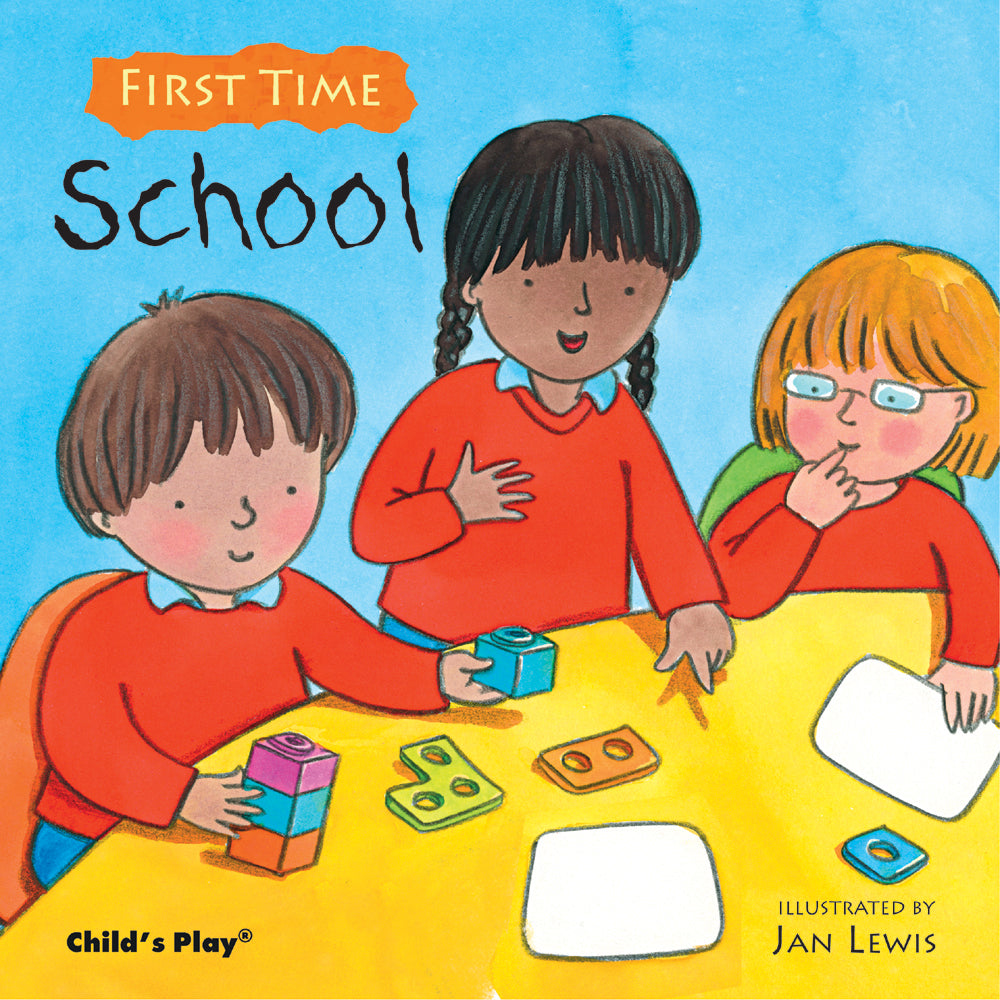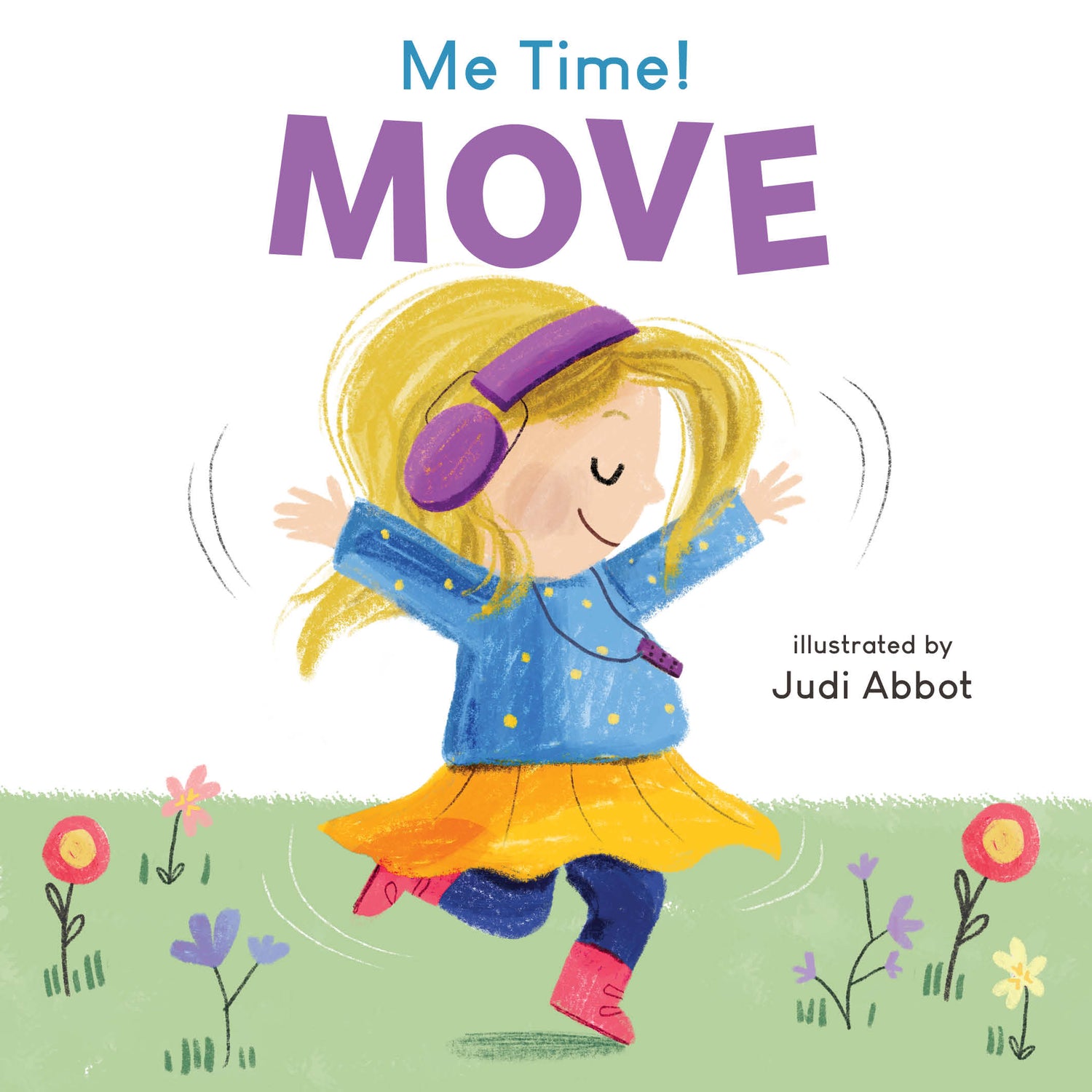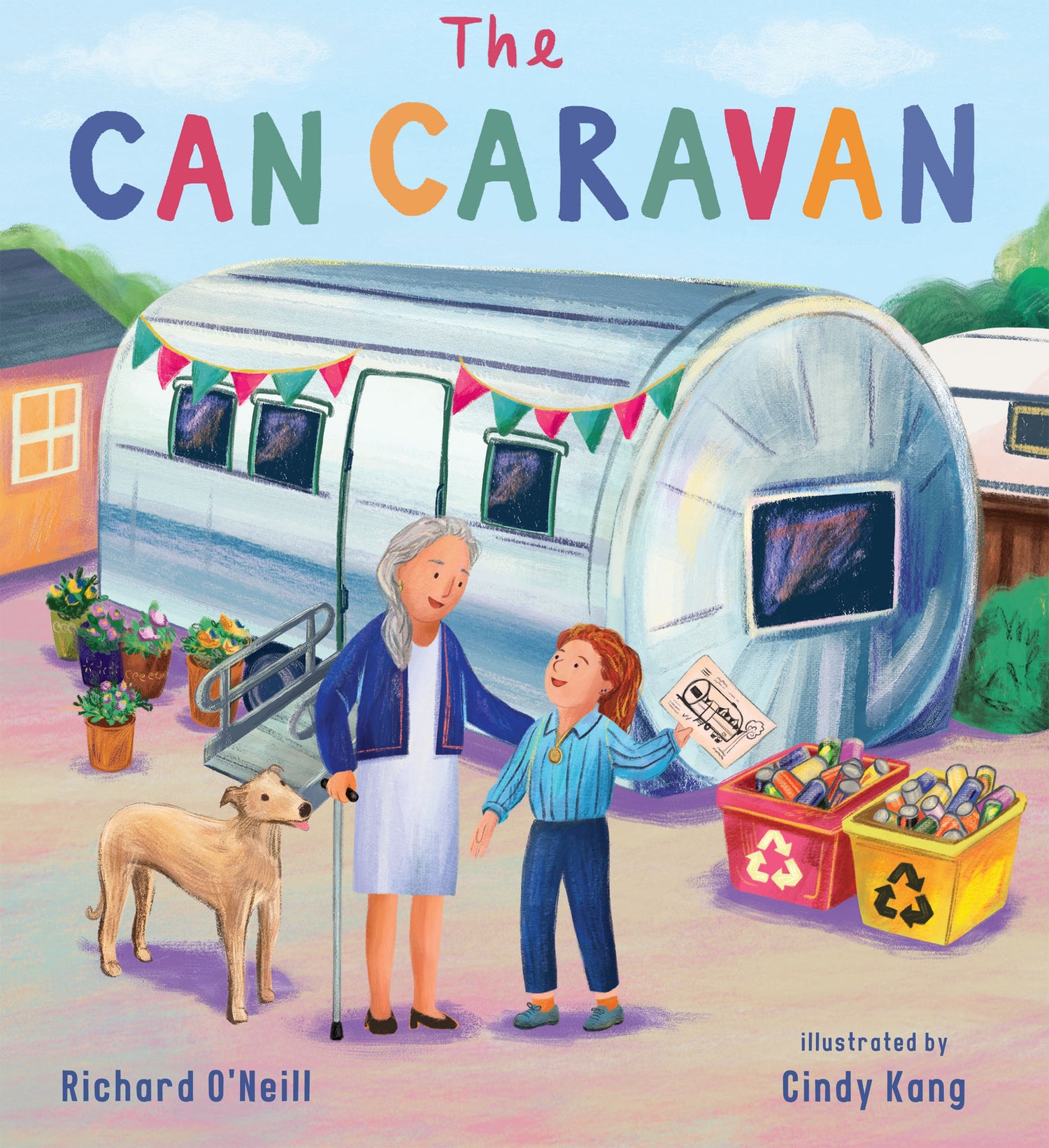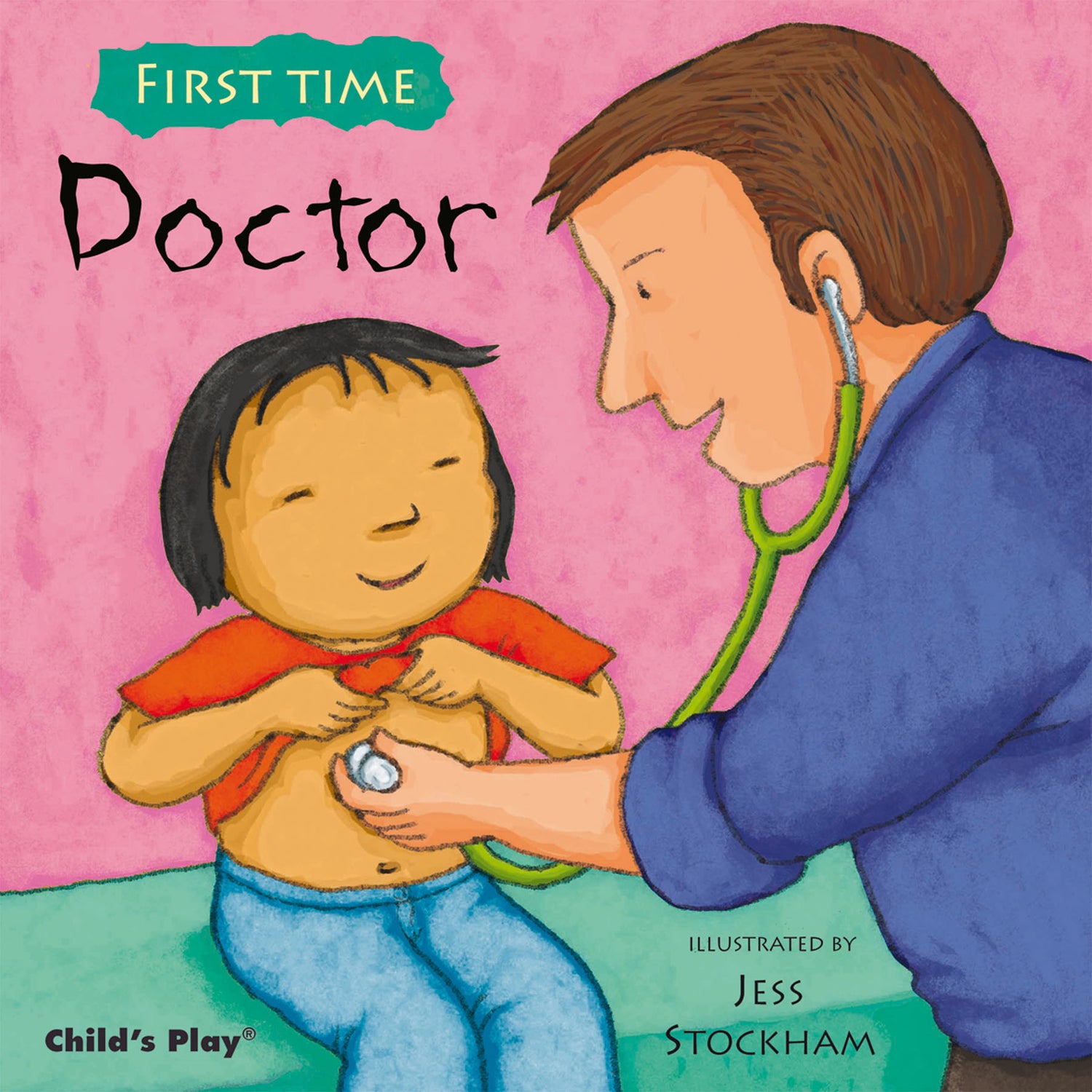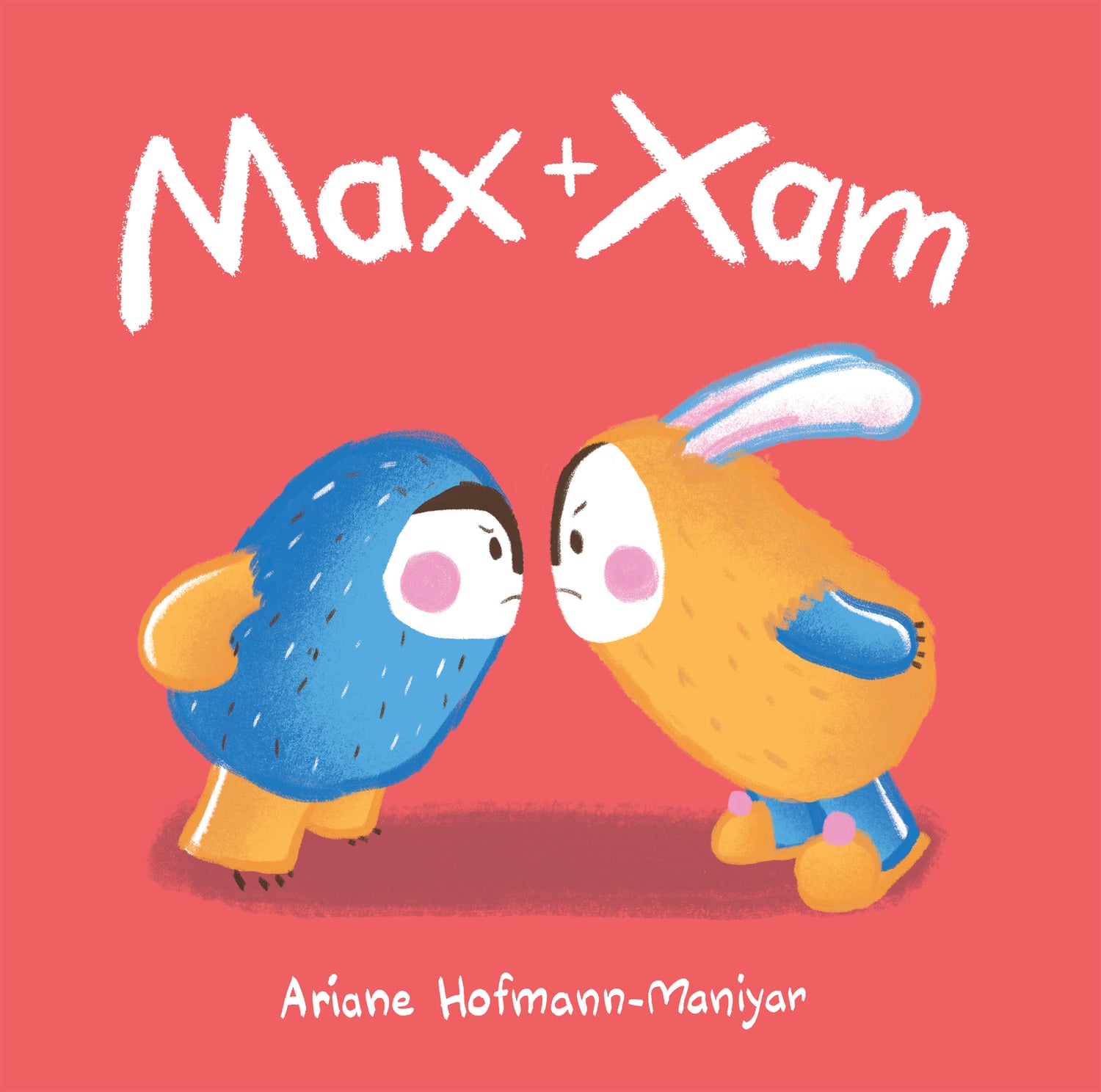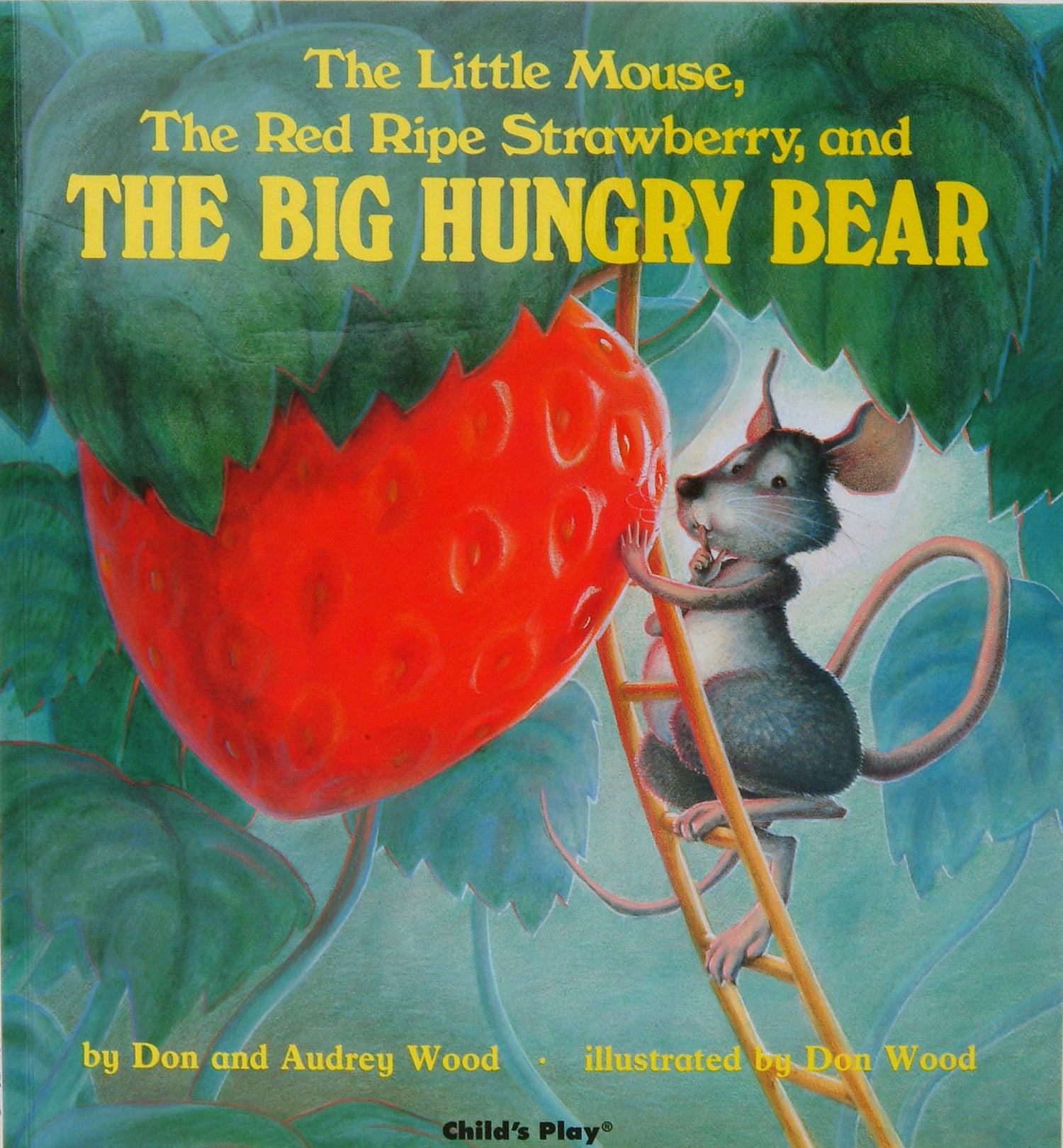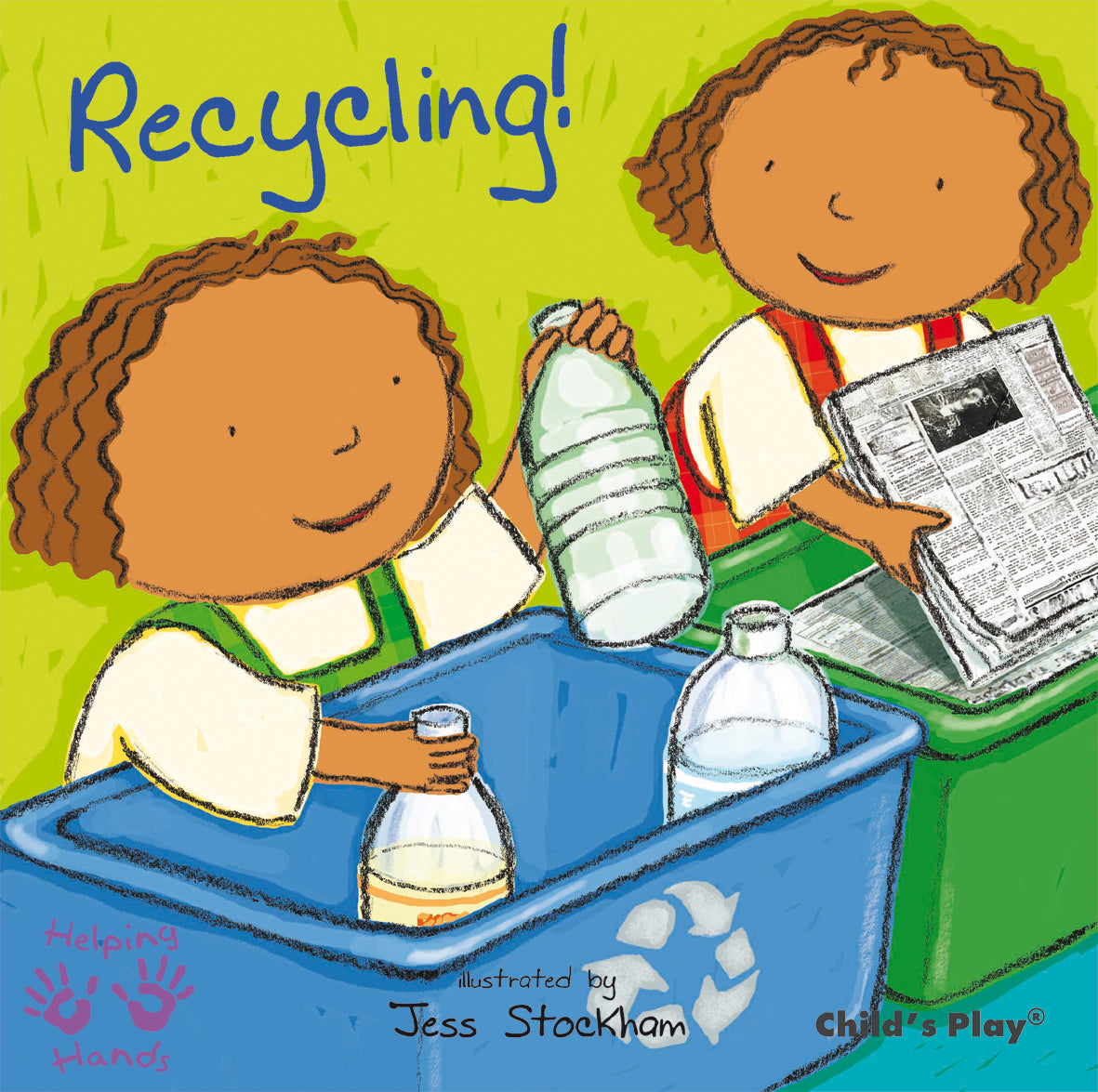Beyond the Fence
Maria Gulemetova's book debut picture book Beyond the Fence is a deeply philosophical story, with strong themes of personal agency and individuality. We asked her to tell us more about what inspired her to create the book, and her insightful comments may reveal alternative interpretations which you can discuss with children after reading the book together...
"The story of Beyond the Fence was born in the library of Anglia Ruskin University. It began with the character of a boar. Rebellious, full of energy and eager to explore. The character of Piggy appeared later, as someone who has no freedom to run or express himself. Even seemingly simple stories take a lot of work. Once the story was completed, I shared it with publishers, and was very happy when Child's Play were interested in turning it into a real book.
The central theme in Beyond the Fence for me is that of freedom. The character of Thomas is based on one of my older sisters. Her arrogance and controlling ways used to disturb me as a child. I love my sister and we are very good friends now, but being subjected to her criticism and desire to shape me according to her vision used to make me feel like a helpless victim. Likewise, Piggy is in a rather repressed situation. All we see is that he obeys Thomas and is denied any initiative or self-expression.
With the appearance of the boar the possibility for change arises. Piggy is of course intrigued by the degree of freedom in Boar's life, and consequently makes the big and difficult decision to escape.
We all thrive in environments where we feel heard, valued and understood. In environments where we can be ourselves and express ourselves without fear.
I wrote the story because these themes are important to me. If they resonate with readers, they may find value in the book.
I enjoy the fact that the end of the book feels like the beginning of another story. I am tempted to imagine what Piggy's life would be like in the wild, with his new friend."

Sketch by Maria Gulemetova
Beyond the Fence and Emotional Development
Personal agency and self-esteem: Freedom is a core theme of the book; although it may not always feel like it, we have the power to make decisions about our own lives. The book shows that even when you find yourself in a situation where someone controls you, there will always be someone like the boar to support you if you decide to leave, physically and/or emotionally. Teachers and therapists can use the book to empower children who feel trapped by friends or family.
Empathy and morality: Piggy leaves Thomas’s safe, lavish house to live in the wild, even though he understands that there will be traps and other risks involved with that lifestyle. Older children may be able to think of other examples where it’s necessary to make a life-changing decision, even though the available options aren’t perfect (for example, refugees leaving their homes).
Do we feel sorry for Thomas, as Piggy has left him behind, or do we agree with Piggy’s decision to take control of his own life?
Is it possible to respect Piggy's decision, but disagree with his actions?
There are plenty of opportunities to discuss the difficulties of decision-making, and which outcome is ethically correct.
Collections
-

Big Feelings
Tender tales about those BIG feelings we all experience.
-
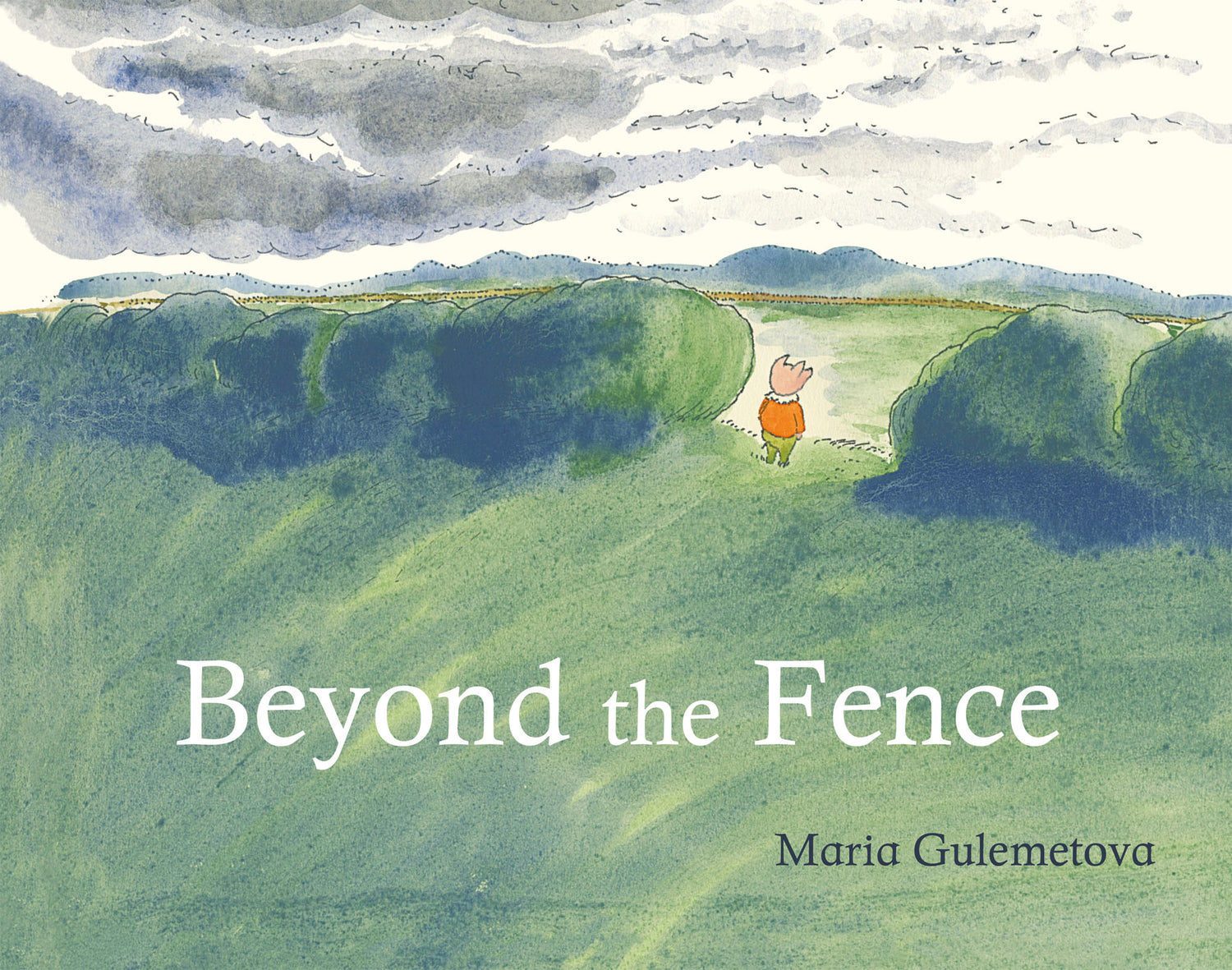
Friendship
Touching stories about making friends, best friends, furry friends and every type...
-
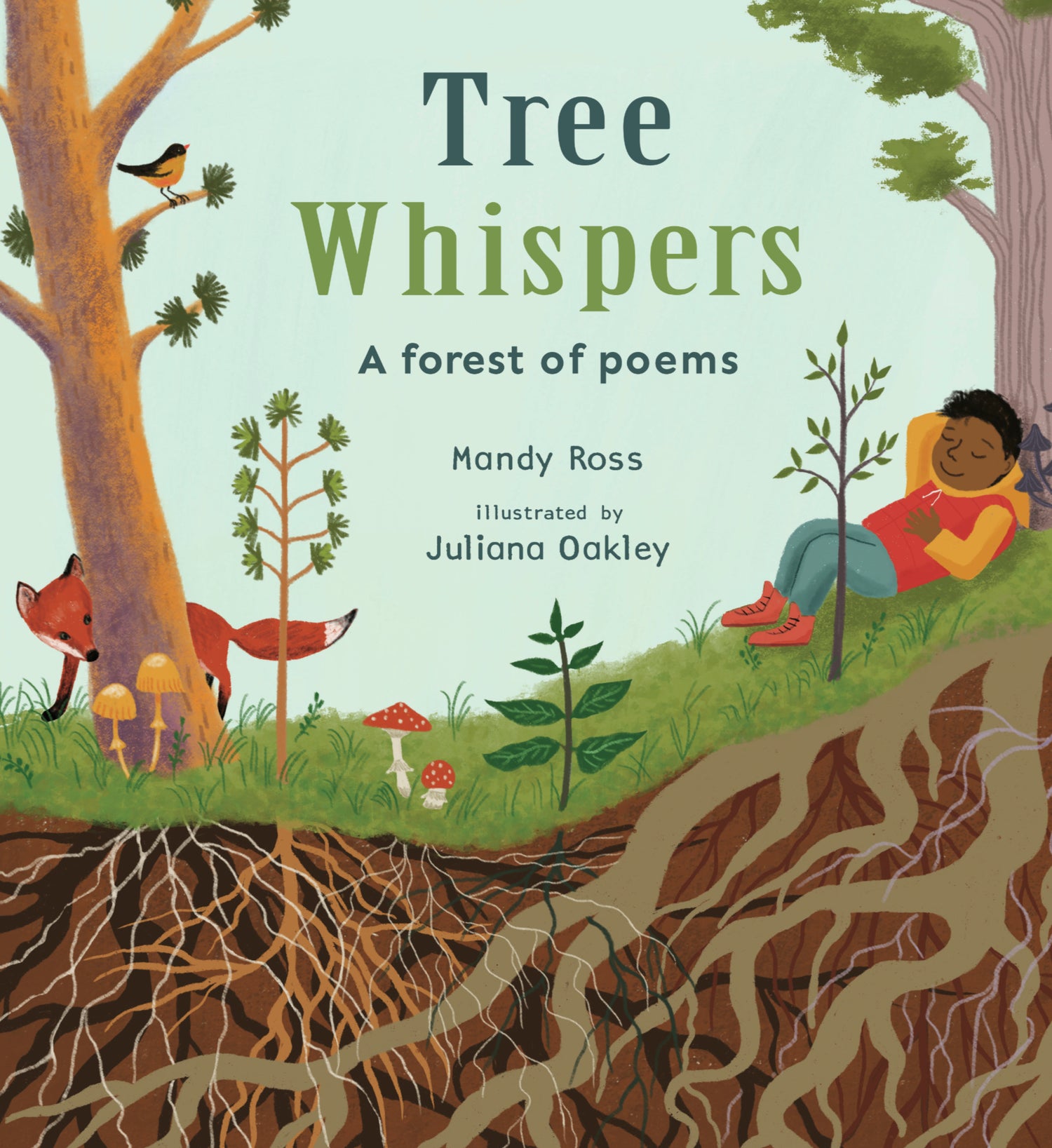
The Environment
Our home - the beauty of nature and what we can do...


